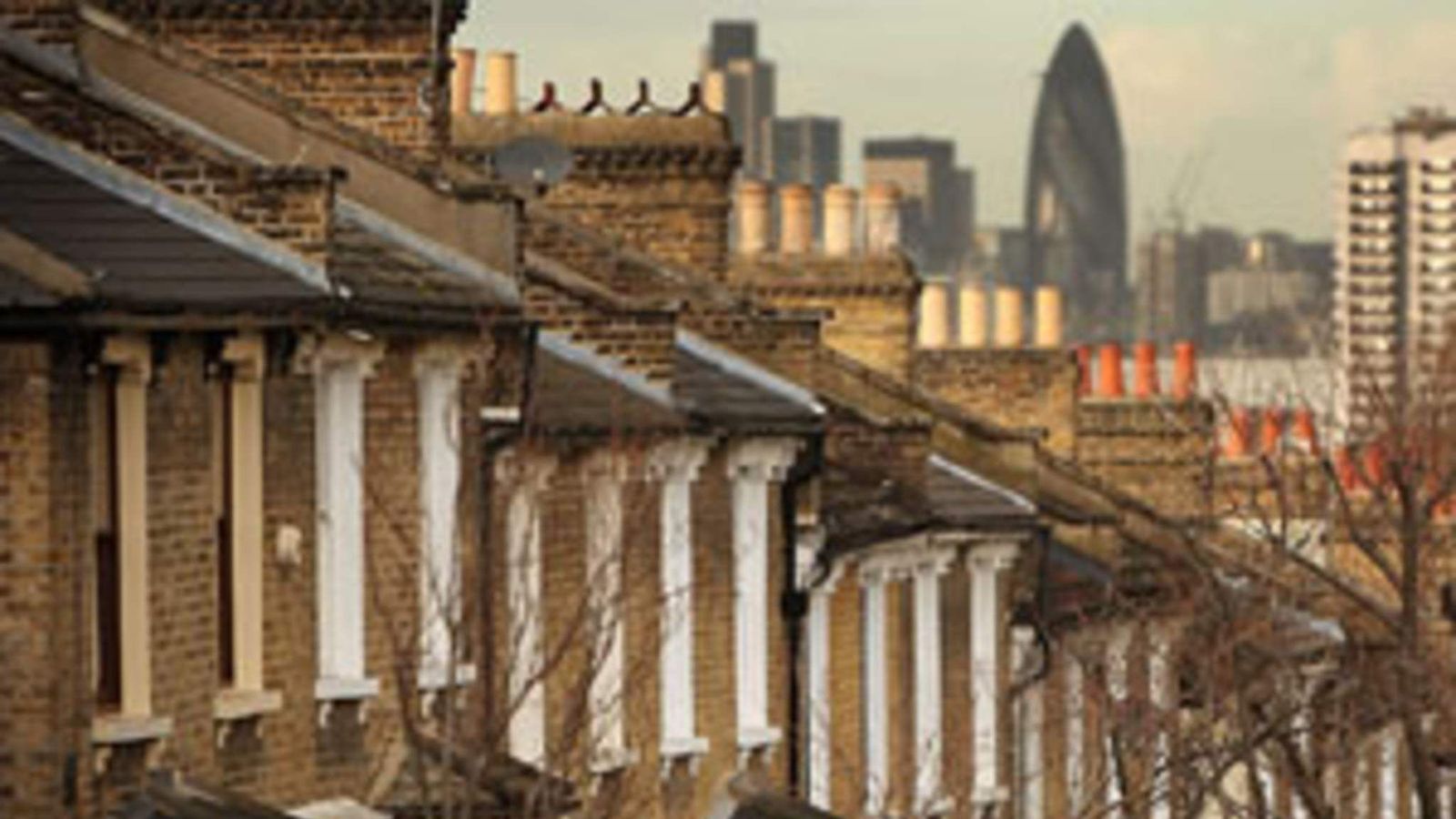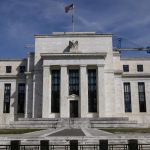Lenders pulled a record number of mortgages in a single day on Wednesday, more than double the previous record set in the depths of the pandemic.
There has also been a “sudden spike” in mortgage rates as the economic turmoil caused by the chancellor’s mini-budget grips the markets.
There were nearly 1,000 fewer mortgage products available on Wednesday morning, according to data collected by Moneyfacts.
The drop of 935 mortgage products was the sharpest one-day decline since the financial information company began collating the data in November 2011.
It is more than double the previous record fall of 462, set on 1 April 2020, less than a week into the first nationwide lockdown.
There were 2,661 mortgage products available on Wednesday, down from 3,596 on Tuesday and 3,880 on Monday.
More products have been pulled over fears the Bank of England will further increase interest rates, making it more expensive for borrowers and creating uncertainty among lenders.
More mortgage providers pull deals over rate rise fears
Mortgages withdrawn from sale as market reels after mini-budget
Banks cut mortgage offers for home buyers as they revise affordability tests amid cost of living crisis
The number of mortgages available has been steadily declining since Chancellor Kwasi Kwarteng announced massive, debt-funded tax cuts and billions of spending to help businesses and consumers with high energy costs.
Read more:
What’s happened to UK mortgage rates?
Pension funds would have collapsed today without BoE action – economy latest
Before the mini-budget on Friday, there were 3,961 mortgage products to choose from.
Mortgage rates have also risen from 2% earlier this year to an estimated 5% or higher, according to Zoopla, the property portal.
“The sudden spike in mortgage rates is going to have a big impact on buying power… no one was expecting this scale of an increase, but we’re in pretty unprecedented times,” Richard Donnell, its executive director, said.
“A month ago, we thought mortgage rates would maybe peak at 4%, which we thought was sustainable… But now people are talking about 5%, even potentially higher.
“A lot depends on what happens in the coming weeks really.”
The result, Mr Donnell said he expected, is for buyers to become more cautious, which will weaken demand.
“I think what we’d expect to see now is buyers become more circumspect, think twice. And so we’re expecting to see as a weakness in demand, people may be sitting on the side lines trying to work out what’s really happening.”
Those in the middle of deals are likely to be unaffected as they probably already have finance secured, he added.
The market turmoil today is different to historic crashes, he said.
“I think the big difference this time around is the housing market’s not as fundamentally overvalued as it was in the late 1980s and in 2007. Changes by the Bank of England introduced over the last five years limited people’s ability to bid up house prices with super cheap money.”
When asked if a housing crash was an outcome Zoopla were planning for or considering, Mr Donnell was clear that no crisis was imminent.
“We’re not considering at the moment,” he said.
“I mean, it’s always an outside chance. Of course, the housing market is not immune from big economic hits. But I think again, a lot of the work the Bank of England to sort of limit the ability of prices to go up when money was cheap, is now insulating us to some degree, and homeowners are in a better position.”
The housing market is likely to pause for the next few weeks, he said.
“I think it’s just things are moving very fast at the moment. So it’s almost like the housing market might pause for the next few weeks. Basically, as everyone just stands back, it’s all about mortgage rates and borrowing costs.”
The rising rates have been met with dismay by mortgage holders, whose costs have now increased.
“It feels likely the government is gambling on all our homes at the moment,” John, who did not give his surname, told Sky News.
As a result of rising bills, John, who is from Stockport, said he would have to extend his mortgage.
“So I wouldn’t be able to pay this off until I’m 70, which, you know, is a long way away.”






















